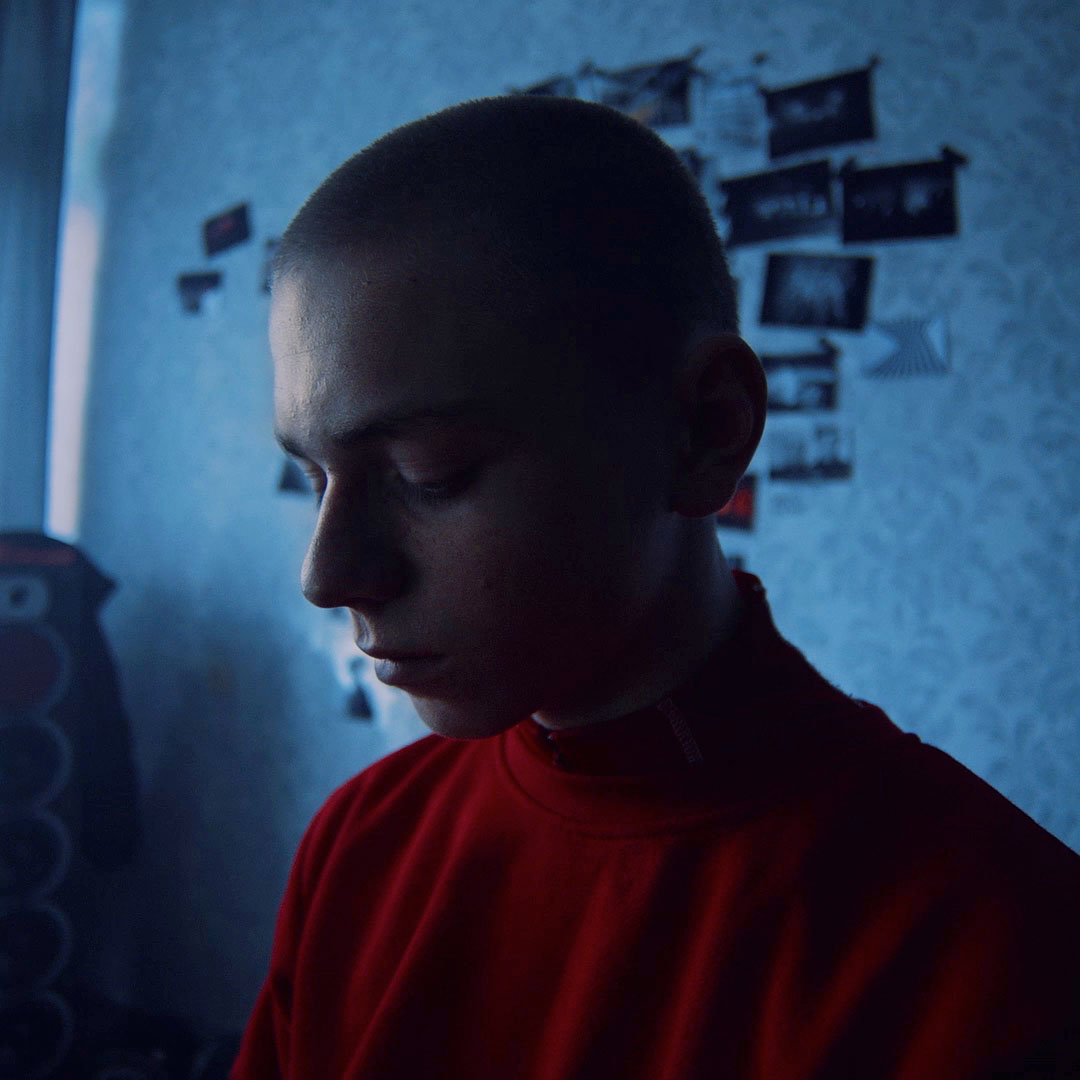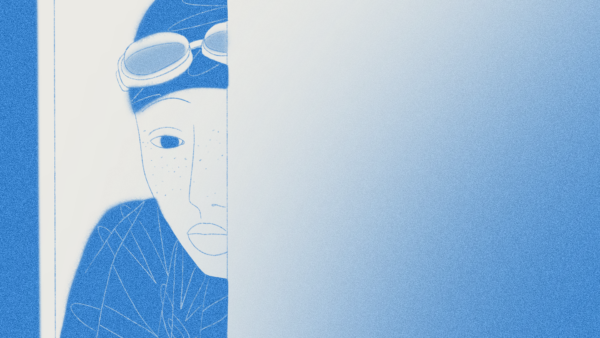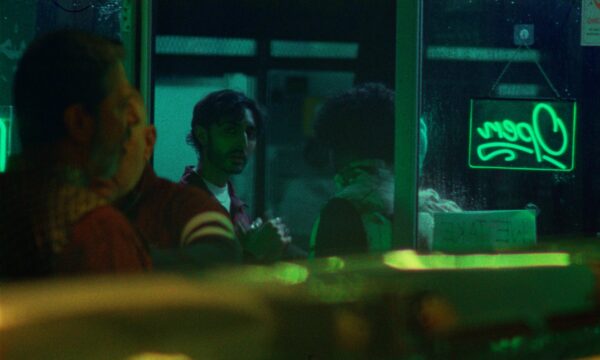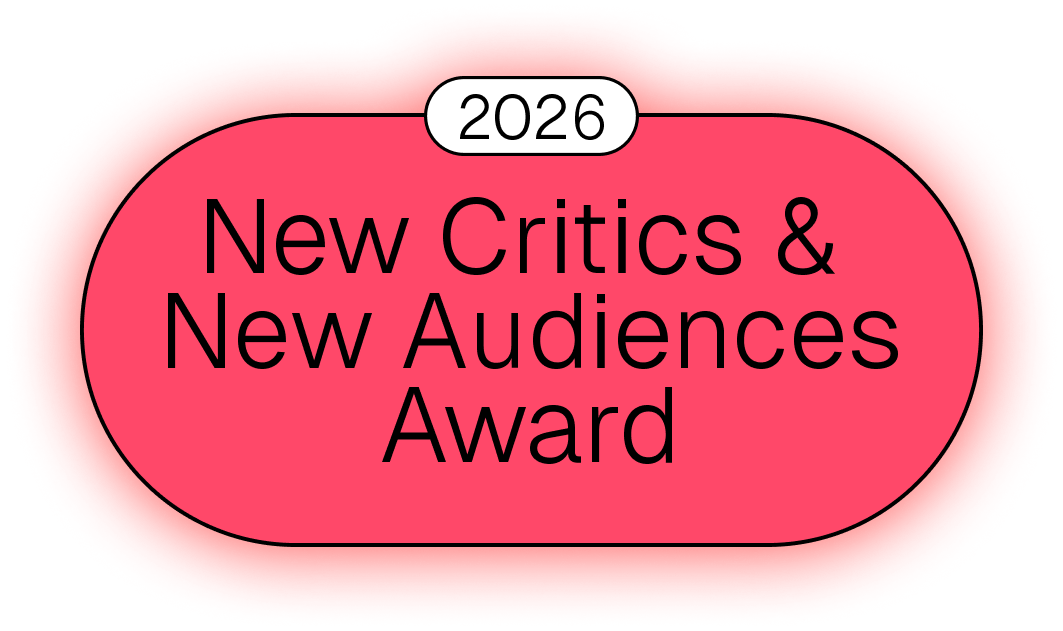Love Is A Tough Game
Techno, Mama
Nikita is a young teenager and a real techno music aficionado. Berlin is calling in this Eastern European love child of Gaspar Noé’s Climax and Xavier Dolan’s Mommy.

Nikita is a young teenager and a real techno music aficionado. As he’s trapped under his mother Irena’s abusive regime, dancing to stomping rave-like beats in his room is as close as an escape he’s ever going to get… or so he thinks. Despite the darkness that shrouds his dead-end of a life spent stuck in a nameless Lithuanian city, a glimmer of hope sits idle on the horizon, waiting for Nikita to make a move. Perhaps the hardest one he will ever have to make. The Mecca of techno, Berlin, like a faint lighthouse out in the distance, is calling his name.
“Techno is Berlin, and Berlin is techno”: such is the motto Nikita tries to live by every day while he and his little brother are forced to help their mother clean houses for money. Meant to be a reminder to keep his dreams of freedom high enough to get by, this phrase Nikita makes sure his sibling remembers quickly turns into an urgent call to action. The major concern, though, is that his money and passport are withheld by his mother, a woman he is too scared to confront. The turning point in the boy’s mind is a suggested Zoom call with his father, probably living abroad, and even though his geographical position remains unclear, one could safely bet he’s living in Germany’s capital. Noticing the obvious distress his son is experiencing, the father carefully opens the door to, perhaps, let Nikita live with him and his new pregnant partner. At last, an unexpected outstretched hand. The only one the boy really needed to finally stand up to his matriarch.
Supported by stunning visuals, a solid cast, and a mandatory impeccable soundtrack (given the subject matter), director Saulius Baradinskas has recently enjoyed a home run walk-off in the European film festivals circuit. With a world premiere at Venice’s Biennale under its belt, the 18 minutes drama peeks its head into the systemic problem of domestic child abuse that is still very much a thing in Lithuania, a country that’s struggling to reconcile its generation gap fueled by opposite mentalities, setting kids and their parents in an inevitable clash regarding their unmet expectations of each other.
Of course, a film sporting a 1:1 aspect ratio, and meticulously calculated camera movements, all the while relying on multiple musical sequences and using a variety of very bright colors in its light, props, and wardrobe can legitimately be tagged as the Eastern European child of Gaspar Noé’s Climax and Xavier Dolan’s Mommy. Not unlike the latter, Baradinskas’ short mostly explores the turbulent mother and son relationship through long continuous shots and vignettes of some sort, where the audience is always confronted with a limited point of view of the scene. This limitation is especially telling when they are both in a conversation where the camera sticks to one of them without showing the other’s reaction in a counter-shot. This style of blocking, accentuated by the tight aspect ratio, serves as a way to mimic the metaphorical blinders with which both characters interact with each other. They can see and hear the obvious pain and frustration the other is going through, yet they are too caught up in their own torments to even acknowledge their separate feelings.
The single mother is clearly overworked and stressed out, and it is fair to believe she is severely underpaid for her cleaning work. She knows all too well how appealing it must be for her kids to leave her behind and seek a life she can’t afford to give. Yet, out of despair, the only tools she uses to keep them in her grasp are fear, anger, and punishment. Tools that are unfit for a confused and rebellious teenager like Nikita who understands he’s the son of a tired woman, but who will eventually refuse to accept her brutal and unjust behavior towards him and his siblings.
Intertwined in between their increasingly tense interactions lie a few welcomed moments of peace where the characters, alone, try to recollect their thoughts and take a break from the toxicity that permeates the atmosphere of their tiny apartment. During these brief instances of naked truth, either by using composer Rob Meyer’s heavy industrial beats like a war cry in order to pump himself up, or by softly crying on the sofa when the kids are sleeping, Nikita and Irena are fragile.
Like a priest in a confessional, this is when the camera decides to get up close and is capable of hearing what nobody else can hear: their silent confession. Despite all of this, despite even themselves, they are bound by an unconditional love that goes beyond violence and hatred. They truly love each other, like a mother and a son should, and they know this is the very reason why their relationship is unsustainable. Somehow, they will have to leave each other someday, maybe forever, and that single thought turns out to be even more frightening to Nikita and Irena, than their endless, sometimes almost life-threatening, altercations.






Incredibly heartbreaking film with fascinating cinematography and soundtrack